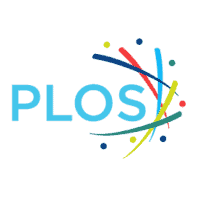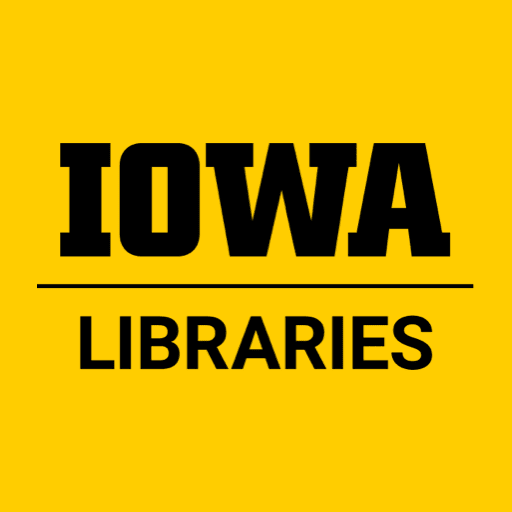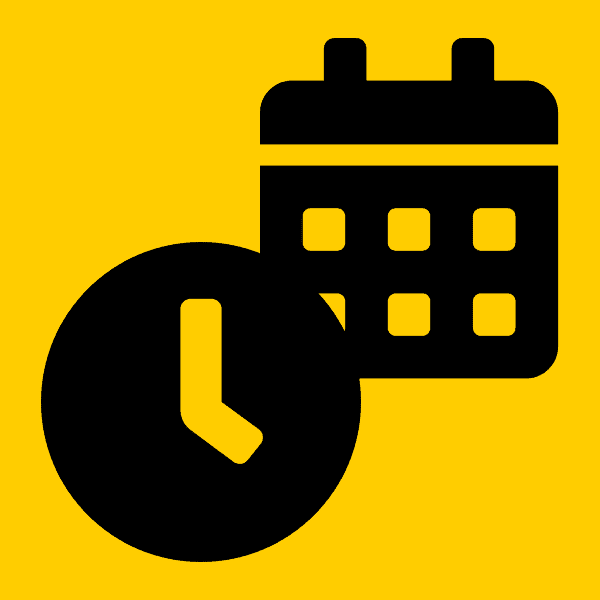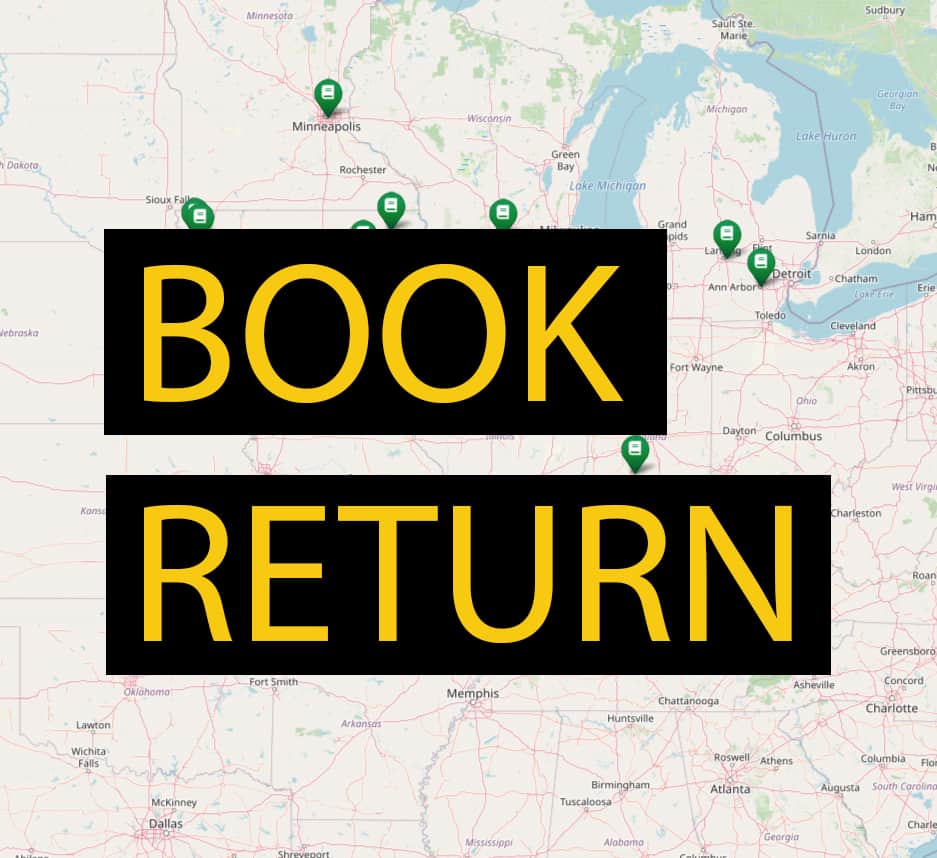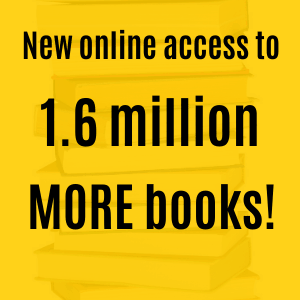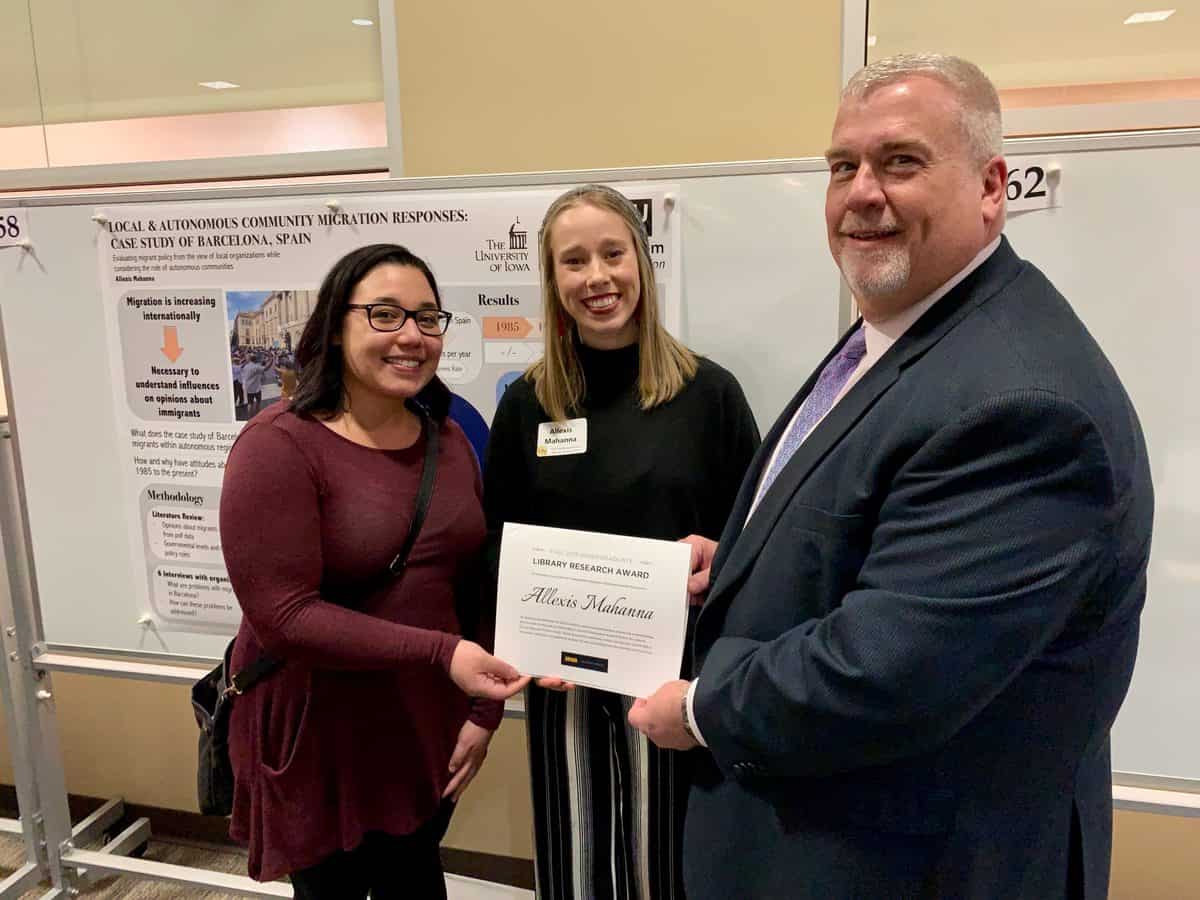If you’ve ever considered publishing Open Access (OA) in PLOS Biology or PLOS Medicine, it just got a lot more affordable. The Big Ten Academic Alliance (BTAA), of which University of Iowa is a member, just signed a three-year deal with the OA mega-journal publisher, PLOS, allowing corresponding authors at any Big 10 university to publish in these two journals without any cost to the author. This agreementContinue reading “Big Ten Academic Alliance Signs new PLOS Deal”
Category Archives: Faculty News
Course reserves for spring 2021
UI Libraries are now accepting course reserve lists for the upcoming Spring semester at the Main Library, Hardin Library, and branch libraries. Please note the following changes. Not all libraries are offering to place print books on Course Reserve for spring 2021. Online access to books through HathiTrust’s Emergency Temporary Access Service (ETAS) ends DecemberContinue reading “Course reserves for spring 2021”
Call for Nominations for Libraries’ Excellence Award
The University Libraries is seeking nominations for the Arthur Benton University Librarian’s Award for Excellence. Funded by a generous endowment, this award acknowledges a library staff member’s professional contributions in the practice of librarianship, service to the profession, scholarship, or leadership which has had a significant impact or innovation to the operations of the LibrariesContinue reading “Call for Nominations for Libraries’ Excellence Award”
Changes in Libraries’ services and hours
When campus libraries reopen on Aug. 17, services will resume in phases. To begin the semester, the Hardin Library for the Health Sciences, the Main Library, and the Sciences Library will allow building access only to University of Iowa members with a valid Iowa One Card or UI Health Care Badge. Also, all campus libraries will have shorter hours, closed book stacks, and someContinue reading “Changes in Libraries’ services and hours”
UI Libraries awards 12 OpenHawks grants
The University of Iowa Libraries has awarded 12 grants for Open Educational Resource (OER) projects for the 2020-2021 academic year. OpenHawks is a campus-wide grant program that funds faculty efforts to replace current textbooks with OERs for enhanced student success. OpenHawks is funded by the annual Provost Investment Fund (PIF) from the UI Office of the Provost. ThisContinue reading “UI Libraries awards 12 OpenHawks grants”
How to return materials to the UI Libraries
This program has been discontinued (redirect link coming) University of Iowa students can return items to the UI Libraries from afar by dropping off items at one of 47 participating libraries across the state and region. See a map of these locations or the list of locations at the end of this article. The UIContinue reading “How to return materials to the UI Libraries”
Emergency access to copyrighted books
Effective immediately and until normal access to physical collections resumes, students, faculty, and staff at the University of Iowa have online access to a large portion of the University Libraries’ print collection—volumes that would have been difficult to access from library facilities that are closed due to COVID-19. Reading access to digitized copies of print volumesContinue reading “Emergency access to copyrighted books”
Virtual Hours for UI Libraries
Click here to see our VIRTUAL HOURS during the time of COVID-19.
Mahanna wins Library Research Award
Allexis Mahanna, a UI senior majoring in global health studies, won the inaugural Undergraduate Library Research Award (ULRA) offered by the University of Iowa Libraries. Mahanna was selected from a competitive pool of undergraduate researchers who applied for the award and presented their work at the University of Iowa’s Fall Undergraduate Research Festival held NovemberContinue reading “Mahanna wins Library Research Award”
Culshaw elected ARL vice president/president-elect
John Culshaw, the Jack B. King University Librarian at the University of Iowa, has been elected to serve as incoming vice president/president-elect for the Association of Research Libraries (ARL). Culshaw will become ARL president on October 7, 2020. The Association of Research Libraries (ARL) is a nonprofit organization of 124 research libraries in Canada andContinue reading “Culshaw elected ARL vice president/president-elect”
